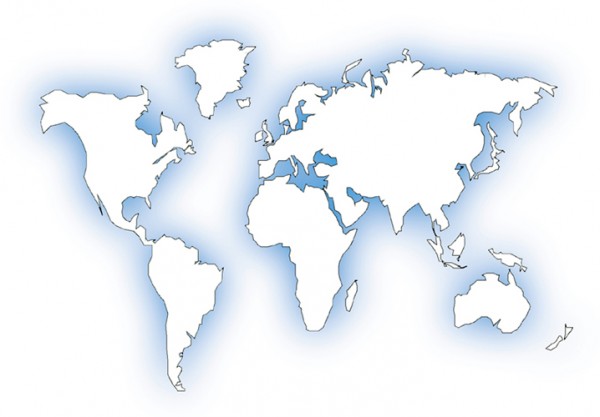
As Christian Science reaches around the world, so does The Albert Baker Fund!
We’ve been contacted by Christian Scientists in countries as far flung as Angola, Brazil, Burkina Faso, Gabon, Liberia, Malawi, Indonesia, Peru, and South Africa!
Many of the people contacting us don’t realize what it takes for us to establish and fund students in a new country. To answer those queries, we’ve provided a list of just some of the questions we need to address satisfactorily before we can take steps to initiate a new program thousands of miles away from our Sacramento headquarters.
- Does this country have an active Christian Science community with at least one practitioner in the area?
- Are there trusted sources who can provide current data on reliable banking infrastructure, local laws, and reputable schools?
- Can we facilitate a program in the language of that country without having to bring in new staff?
- What is the availability of Christian Science volunteers with a thorough working knowledge of the country’s educational system and processes who will be willing to assist with a local program?
- Do we have sufficient ABF staff in our Sacramento headquarters to manage a new program, including the following:
- Travel by one or more staff to establish contacts and investigate the infrastructure (Internet availability and web-savvy of in-country volunteers and potential applicants who can handle our online applications)
- Verify Christian Science activity
- Design applications specific to the laws, educational processes, and banking requirements of that country
- Create a web page with relevant and unique information for that country
- Interface with local representatives, volunteers, and prospective students
- What systems and measures (including those that are new or unfamiliar to ABF) would we need to approve students and schools in a new country?
- How much would we need to budget for researching, establishing, and maintaining a new program, including the funds for additional student grants?
- And finally, do we have sufficient funds currently and potentially in the future to support the initiation and establishment of this program without sacrificing our other already established programs?

